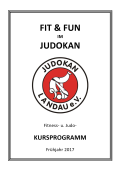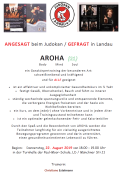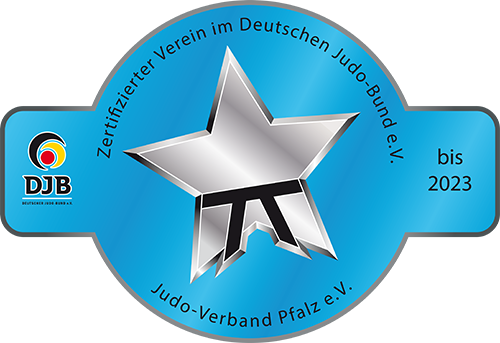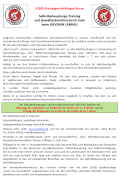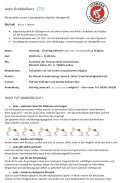A management incentive agreement (MIA) is a contract between a company`s management and its shareholders that outlines the terms and conditions of a performance-based compensation plan. Essentially, the MIA is a way for a company to incentivize its management team to achieve certain goals or milestones.
The primary purpose of an MIA is to align the interests of a company`s management team with those of its shareholders. By tying compensation to performance, shareholders can feel confident that the management team is focused on achieving the company`s strategic objectives. Additionally, MIAs can help to attract and retain top talent by offering performance-based incentives that can be very lucrative.
The terms of an MIA can vary widely depending on a number of factors, including the size and structure of the company, the goals being pursued, and the specific incentives being offered. Typically, MIAs will establish a target performance level, and bonuses or other incentives will be paid out when that level is achieved.
In general, MIAs should be structured in a way that is fair and transparent to both the management team and the shareholders. It is important to establish clear performance metrics and to ensure that the incentives being offered are commensurate with the level of achievement being sought.
One potential drawback of MIAs is that they can sometimes encourage short-term thinking at the expense of long-term sustainability. For example, a management team may be incentivized to cut costs or make other short-sighted moves in order to achieve performance targets, even if those moves are not in the best interests of the company over the long term.
To mitigate this risk, MIAs should be structured in a way that rewards sustainable performance and encourages strategic thinking. This might involve incorporating metrics that look beyond short-term financial performance, such as customer satisfaction or employee engagement.
In conclusion, a management incentive agreement can be a powerful tool for aligning the interests of a company`s management team with those of its shareholders. By offering performance-based incentives, an MIA can help to attract and retain top talent and drive the achievement of strategic objectives. However, it is important to structure MIAs in a way that rewards sustainable performance and encourages long-term thinking.




